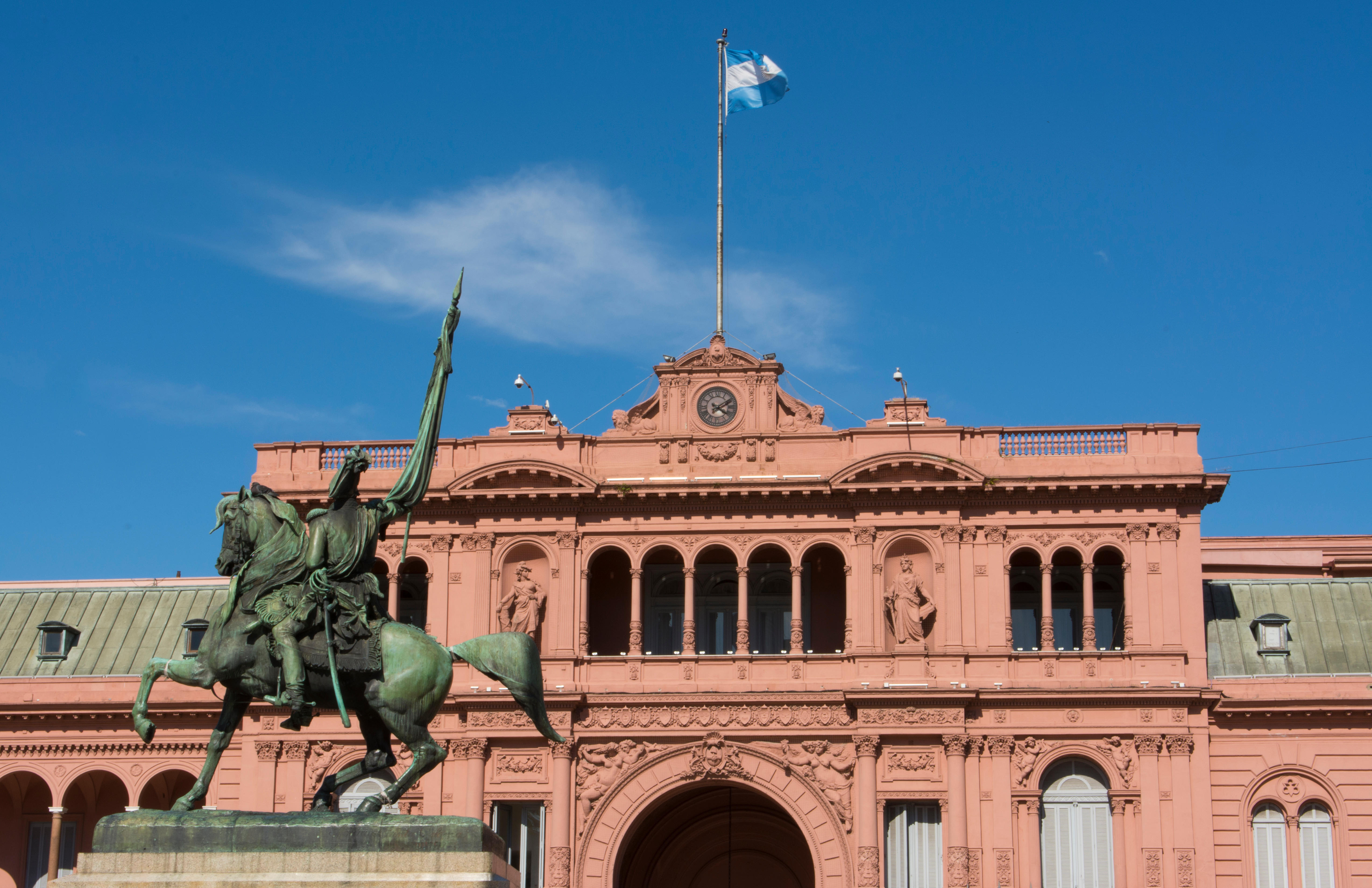This Monday, the International Monetary Fund (IMF) staff communicated an agreement with the Argentine Government regarding the Extended Fund Facility program, which as a central point, formalized a revision of the reserve accumulation targets for the Central Bank (BCRA).
In the communiqué, the Fund’s technical staff states that the Government committed itself not to use international reserves or issue short-term foreign debt instruments to intervene in the parallel exchange markets.
On this point, a source from the Ministry of Economy, who asked not to be identified, told Bloomberg Línea that the commitment effectively suspends the possibility of continuing to repurchase bonds via reserves.
However, according to the same source, the Government could continue to use other instruments to stop the MEP and Contado con Liqui (CCL) from soaring.

The source did not specify these instruments.
Close to US$400: The financial free dollar (CCL) closed this Monday at US$395 after surpassing US$400 in the first hours of the trading session. While the MEP was fixed at US$380 and the blue dollar at US$377 for sale.
ACCUMULATION OF RESERVES IN 2023
The Argentine Government did not confirm the numbers of the reserve accumulation review, which will be known once the Board approves the agreement between the staff and the Ministry of Economy.
Such approval should take at least two weeks.
However, the portfolio led by Sergio Massa acknowledged that the adjustment in the reserves target during the first quarter would be very significant but that it will be corrected as the year goes by.
According to Bloomberg Línea, the adjustment in the reserves target for the first quarter would be US$3 billion, while the total adjustment for 2023 would be US$2 billion.
The original agreement (already amended twice) establishes a reserves target for this year of US$9.8 billion.
DROUGHT MEASURES
The Ministry of Economy acknowledged that this modification in the reserves target is linked to the impact that the drought will have on the inflow of dollars into the country.
However, a source from the ministry said that this phenomenon would be monitored as the days go by because rain could modify the calculations that private agencies have published.
In addition, new measures to lessen the impact of the drought were not ruled out. In this sense, the IMF staff in the communiqué enables the government to take steps to strengthen the reserves.
This enables the Economy to advance in a new version of the “soy dollar”.
With information from Bloomberg online

